October 18 stands as one of history’s most eventful days, witnessing the rise and fall of empires, groundbreaking discoveries, and moments that shaped our modern world across centuries of human achievement.

Politics and Government Events on October 18
1912 – First Balkan War Declaration
King Peter I of Serbia issued a stirring declaration “To the Serbian People” as his nation joined the First Balkan War. This proclamation rallied the Serbian people behind their monarch’s decision to enter the conflict.
The declaration marked Serbia’s commitment to the broader Balkan struggle against Ottoman rule. Serbian forces would play a crucial role in the war that reshaped southeastern European borders.
1921 – Crimean Autonomous Soviet Socialist Republic Formed
The Soviet Union established the Crimean Autonomous Soviet Socialist Republic as part of the Russian Soviet Federative Socialist Republic. This administrative reorganization granted the Crimean Peninsula special autonomous status within the Soviet system.
The new republic reflected Moscow’s attempt to balance ethnic tensions while maintaining centralized control. This political structure would endure until the region’s transfer to Ukraine in 1954.
1929 – Canadian Women Declared Legal Persons
The Judicial Committee of the Privy Council overturned the Supreme Court of Canada in Edwards v. Canada, declaring women to be “Persons” under Canadian law. This landmark decision opened the door for women to serve in the Canadian Senate.
The ruling represented a monumental victory for women’s rights advocates across the British Empire. Five Alberta women, known as the Famous Five, had fought tirelessly for this legal recognition.
1945 – Venezuelan Military Coup
Venezuelan Armed Forces led by Mario Vargas, Marcos Pérez Jiménez, and Carlos Delgado Chalbaud staged a successful coup d’état against President Isaías Medina Angarita. The military leaders overthrew the government by the end of the day.
This coup marked the beginning of military rule in Venezuela that would last for decades. The new junta promised political reforms while consolidating power under military control.
1991 – Azerbaijan Declares Independence
The Supreme Council of Azerbaijan adopted a declaration of independence from the Soviet Union. This historic vote marked Azerbaijan’s formal break from decades of Soviet rule.
The declaration came amid the broader collapse of the Soviet Union and rising nationalism across the Caucasus region. Azerbaijan joined other former Soviet republics in asserting their sovereignty during this transformative period.
2003 – Bolivian President Forced to Resign

Bolivian President Gonzalo Sánchez de Lozada was forced to resign and flee Bolivia amid the escalating Bolivian gas conflict. Popular protests against his natural gas export policies had paralyzed the country.
The resignation ended weeks of violent demonstrations that had claimed dozens of lives. Sánchez de Lozada’s departure marked a victory for indigenous rights activists and anti-globalization protesters.
2019 – Chilean Riots and State of Emergency

Riots in Chile’s capital Santiago escalated into open battles, with attacks reported at nearly all of the city’s 164 Metro stations. President Sebastián Piñera announced a 15-day state of emergency in response to the widespread violence.
The unrest began over subway fare increases but quickly expanded into broader protests against inequality. The government’s harsh response would fuel months of social upheaval across Chile.
Military and Naval History on October 18
1944 – Soviet Liberation of Czechoslovakia Begins
The Soviet Union launched the liberation of Czechoslovakia from Nazi Germany, marking a crucial phase in the Eastern Front campaign. Red Army forces crossed into Czechoslovak territory with the support of local resistance fighters.
This operation represented one of the final major Soviet offensives against German-occupied territory. The liberation would restore Czechoslovak independence while establishing Soviet influence in Central Europe.
1944 – Field Marshal Rommel’s State Funeral
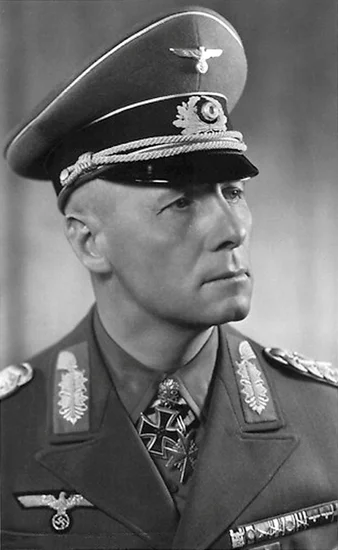
The state funeral of Field Marshal Erwin Rommel took place in Ulm, Germany, amid great ceremony and Nazi propaganda. Hitler ordered the elaborate funeral to maintain the fiction that Rommel had died of his injuries from an earlier car accident.
The truth remained hidden that Rommel had been forced to commit suicide after being implicated in the July 20 plot against Hitler. The Desert Fox’s death marked the loss of Germany’s most celebrated military commander.
1945 – Soviet Nuclear Espionage Success
The USSR’s nuclear program received detailed plans for the United States plutonium bomb from Klaus Fuchs at Los Alamos National Laboratory. This intelligence coup provided Soviet scientists with crucial information about American atomic weapon design.
Fuchs’s betrayal accelerated Soviet nuclear development by several years. The stolen secrets would help the Soviet Union detonate its first atomic bomb in 1949, beginning the nuclear arms race.
1977 – German Autumn Crisis Ends
The German Autumn crisis concluded when kidnapped industrialist Hanns Martin Schleyer was murdered and several Red Army Faction members allegedly committed suicide in their prison cells. The dramatic end came after weeks of terrorist attacks and hijackings.
The crisis had gripped West Germany as the RAF demanded the release of imprisoned comrades. The violent conclusion marked the beginning of the end for the leftist terrorist organization.
2007 – Karachi Bombing Targets Benazir Bhutto
A suicide attack on former Pakistani Prime Minister Benazir Bhutto’s motorcade in Karachi killed 139 people and wounded 450 more. Bhutto herself survived the assassination attempt unharmed.
The bombing occurred during Bhutto’s triumphant return from exile to Pakistani politics. The attack highlighted the dangerous security situation facing democratic leaders in Pakistan.
Science and Discovery Milestones on October 18
1963 – First Cat Launched into Space

Félicette, a black and white female Parisian stray cat, became the first feline launched into space as part of the French space program. The cat survived the suborbital flight and was recovered safely after landing.
This experiment provided valuable data about the effects of spaceflight on mammals. Félicette’s successful mission contributed to understanding biological responses to weightlessness and space radiation.
1967 – Venus Probe Measures Alien Atmosphere
The Soviet probe Venera 4 reached Venus and became the first spacecraft to successfully measure the atmosphere of another planet. The probe transmitted data about Venus’s dense carbon dioxide atmosphere and extreme surface pressure.
These groundbreaking measurements revealed Venus’s hellish surface conditions for the first time. The data showed temperatures exceeding 450 degrees Celsius and atmospheric pressure 90 times greater than Earth’s.
2019 – First All-Female Spacewalk
NASA astronauts Jessica Meir and Christina Koch conducted the first all-female spacewalk when they ventured outside the International Space Station to replace a power controller. The historic mission lasted seven hours and seventeen minutes.
This milestone highlighted the growing role of women in space exploration. The spacewalk inspired countless young women to pursue careers in science, technology, engineering, and mathematics.
Cultural and Arts Events on October 18
1922 – BBC Founded
The British Broadcasting Company (later Corporation) was founded by a consortium to establish a nationwide network of radio transmitters providing national broadcasting service. This marked the beginning of public broadcasting in Britain.
The BBC’s creation revolutionized mass communication and cultural distribution across the United Kingdom. The organization would become a model for public broadcasting services worldwide.
1978 – Children’s Art Museum Opens

The Henrik Igityan National Centre for Aesthetics opened in Yerevan, based on the world’s first children’s art museum concept. This innovative institution focused on developing artistic appreciation among young people.
The center pioneered educational approaches that combined art appreciation with hands-on creative activities. Its success influenced the development of similar children’s cultural institutions globally.
Religious and Social Events on October 18
1914 – Schoenstatt Apostolic Movement Founded
The Schoenstatt Apostolic Movement was founded in Germany by Father Josef Kentenich. This Catholic movement emphasized personal renewal and spiritual formation through devotion to Mary.
The movement would grow to encompass millions of members worldwide. Its emphasis on lay apostolate and modern spirituality resonated with Catholics seeking deeper faith commitment.
1945 – Juan Perón Marries Eva Duarte
Argentine military officer and politician Juan Perón married actress Eva Duarte in a ceremony that would later become legendary. The union created one of the most powerful political partnerships in Latin American history.
Eva Perón would become Argentina’s beloved First Lady, championing workers’ rights and women’s suffrage. Their marriage transformed both their lives and Argentina’s political landscape.
Business and Economic Events on October 18
1954 – First Transistor Radio Announced
Texas Instruments announced the Regency TR-1, the first mass-produced transistor radio. This revolutionary device made portable entertainment accessible to millions of consumers worldwide.
The transistor radio transformed popular culture by enabling people to listen to music anywhere. This innovation launched the era of personal electronic devices and mobile entertainment.
1979 – FCC Deregulates Home Satellites
The Federal Communications Commission began allowing people to own home satellite earth stations without federal government licenses. This deregulation democratized access to satellite television programming.
The policy change sparked the growth of the home satellite dish industry. Rural Americans gained access to hundreds of television channels previously unavailable in their areas.
Transportation and Infrastructure on October 18
1989 – Space Shuttle Atlantis Launches Galileo
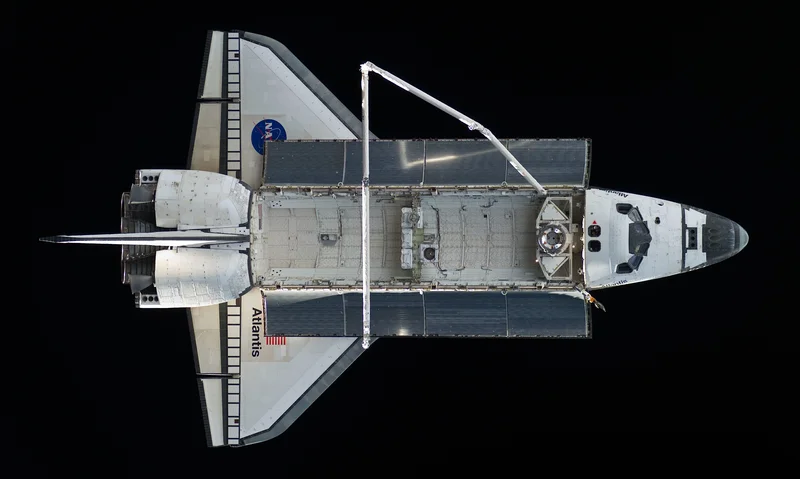
The Space Shuttle Atlantis launched on mission STS-34 to deploy the Jupiter-bound Galileo space probe. This mission represented one of NASA’s most ambitious planetary exploration efforts.
Galileo would spend six years traveling to Jupiter before beginning its detailed study of the gas giant and its moons. The probe’s discoveries revolutionized understanding of the outer solar system.
1992 – Indonesian Aviation Disaster

Merpati Nustantara Airlines Flight 5601 crashed into Mount Papandayan near Garut in West Java, Indonesia, killing all 31 people aboard. The accident highlighted ongoing safety challenges in Indonesian aviation.
The crash occurred during approach to Bandung in poor weather conditions. This tragedy prompted renewed focus on aviation safety standards in Indonesia’s rapidly growing airline industry.
Sports and Recreation on October 18
1979 – Home Satellite Revolution Begins
The Federal Communications Commission’s decision to allow unlicensed home satellite dishes revolutionized sports broadcasting access. Rural sports fans gained unprecedented access to live games and events.
This deregulation enabled the growth of specialized sports networks and pay-per-view events. The change fundamentally altered how Americans consumed sports entertainment.
1984 – Olympic Training Enhancement
The satellite deregulation policy enabled enhanced Olympic training programs through improved communication systems. Coaches could now access international training footage and techniques more easily.
American athletes benefited from expanded access to international competition broadcasts. This technological advancement contributed to improved performance in subsequent Olympic Games.
1989 – Space-Based Sports Technology
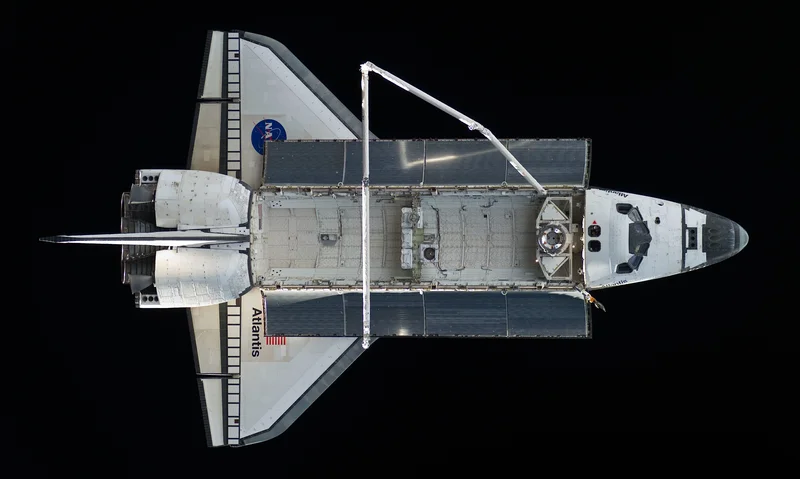
The Galileo probe launch demonstrated space-based technologies that would later enhance sports broadcasting and athlete performance monitoring. Satellite technology became increasingly important for sports coverage.
Advanced satellite systems enabled global sports broadcasting and improved athletic training methods. These innovations transformed how sports were presented to worldwide audiences.
Notable Births on October 18
1919 – Pierre Trudeau Born
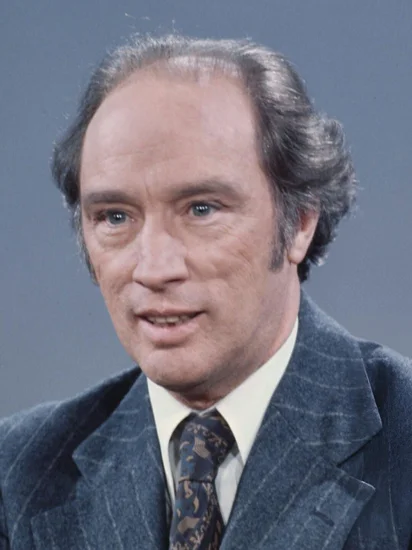
Pierre Trudeau, future 15th Prime Minister of Canada, was born in Montreal. His childhood in Quebec shaped his bilingual worldview and political philosophy.
Trudeau would become one of Canada’s most transformative leaders, championing multiculturalism and constitutional reform. His charismatic leadership style earned him international recognition and lasting political influence.
1926 – Chuck Berry Born

Chuck Berry, the pioneering rock and roll guitarist and songwriter, was born in St. Louis, Missouri. His early exposure to blues and country music influenced his revolutionary musical style.
Berry’s innovative guitar playing and storytelling lyrics helped create the rock and roll genre. His influence on popular music extended to countless artists including The Beatles and Rolling Stones.
1926 – Klaus Kinski Born

Klaus Kinski, the intense German actor, was born in Żoppot, Poland. His volatile personality and theatrical intensity would define his acting career.
Kinski became famous for his collaborations with director Werner Herzog in films like “Aguirre, the Wrath of God.” His passionate performances and controversial personal life made him a legendary figure in international cinema.
1929 – George C. Scott Born
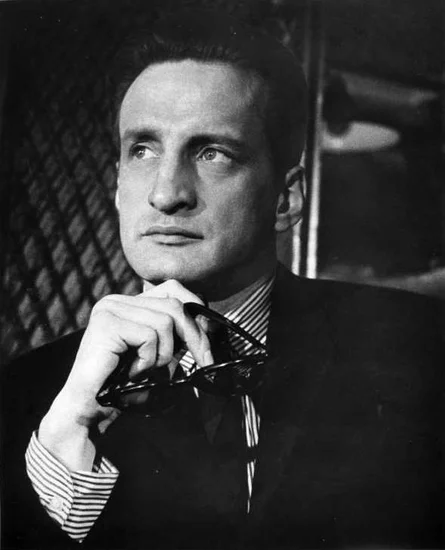
George C. Scott, the acclaimed American actor, was born in Wise, Virginia. His powerful stage presence and commanding voice distinguished him from his contemporaries.
Scott became the first actor to refuse an Academy Award, declining the Oscar for “Patton” in 1971. His principled stance against awards ceremonies reflected his dedication to craft over recognition.
1939 – Lee Harvey Oswald Born

Lee Harvey Oswald, the assassin of President John F. Kennedy, was born in New Orleans, Louisiana. His troubled childhood and early political radicalization shaped his later actions.
Oswald’s assassination of Kennedy on November 22, 1963, changed American history forever. His own death two days later left many questions unanswered about his motivations and possible conspirators.
1956 – Martina Navratilova Born

Martina Navratilova, the tennis champion, was born in Prague, Czechoslovakia. Her athletic prowess and determination emerged early in her childhood.
Navratilova would become one of tennis’s greatest champions, winning 18 Grand Slam singles titles. Her courage in speaking about her sexuality helped advance LGBTQ+ rights in professional sports.
1987 – Zac Efron Born

Zac Efron, the American actor and singer, was born in San Luis Obispo, California. His early interest in performing arts led to school theater productions.
Efron achieved worldwide fame starring in Disney’s “High School Musical” franchise. His transition from teen heartthrob to serious actor demonstrated his versatility and commitment to his craft.
Notable Deaths on October 18
1931 – Thomas Edison Dies
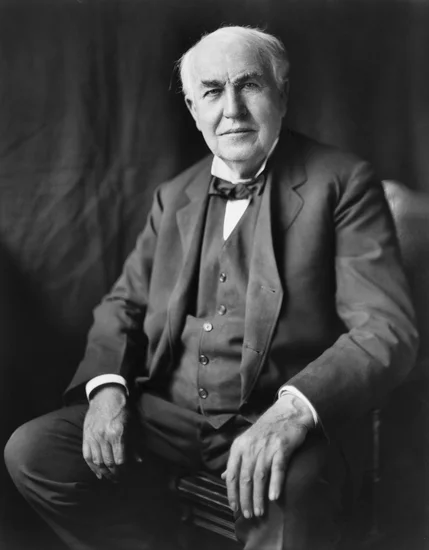
Thomas Edison, the prolific American inventor, died at age 84 in West Orange, New Jersey. His failing health had gradually limited his legendary work ethic in his final years.
Edison’s 1,093 patents included the phonograph, incandescent light bulb, and motion picture camera. His inventions revolutionized modern life and established him as America’s greatest inventor.
1931 – Ludwig III of Bavaria Dies

Ludwig III, the last King of Bavaria, died in exile in Hungary. His abdication in 1918 had ended over 700 years of Bavarian monarchy.
Ludwig’s death marked the final chapter of Bavaria’s royal history. His reign had been overshadowed by World War I and the collapse of the German Empire.
1977 – Andreas Baader Dies

Andreas Baader, leader of the German Red Army Faction, died in his prison cell under controversial circumstances. His death occurred during the climax of the German Autumn crisis.
Baader’s terrorist activities had traumatized West Germany throughout the 1970s. His death marked the beginning of the end for the leftist terrorist organization he had helped lead.
1982 – Bess Truman Dies

Bess Truman, wife of President Harry S. Truman and 40th First Lady of the United States, died at age 97. Her death ended one of the longest post-White House lives of any First Lady.
Bess Truman had been a reluctant First Lady who preferred privacy to public attention. Her marriage to Harry Truman lasted 53 years until his death in 1972.
2021 – Colin Powell Dies
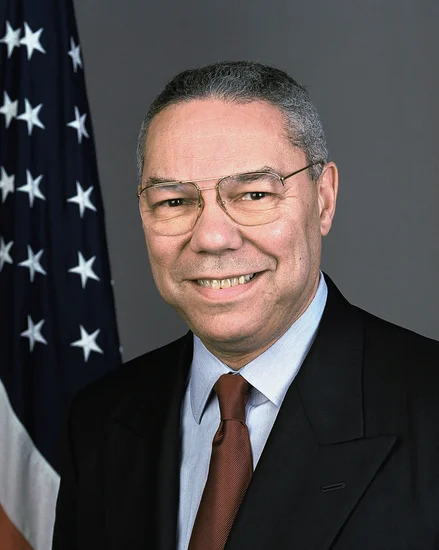
Colin Powell, the first African American Secretary of State, died at age 84 from COVID-19 complications. His death represented the loss of a pioneering figure in American military and diplomatic history.
Powell’s distinguished military career culminated in his service as Chairman of the Joint Chiefs of Staff. His later role as Secretary of State was marked by his presentation of intelligence about Iraqi weapons programs to the United Nations.
Holidays and Observances on October 18
Alaska Day
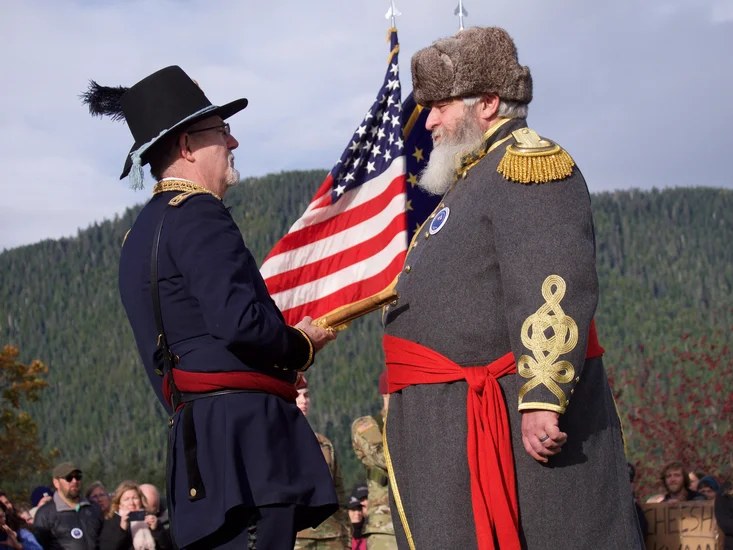
Alaska Day commemorates the formal transfer of Alaska from Russian to American control on October 18, 1867. This federal holiday in Alaska celebrates the $7.2 million purchase that doubled the size of the United States.
The acquisition was initially criticized as “Seward’s Folly” after Secretary of State William Seward. Alaska’s vast natural resources and strategic location later proved the purchase’s tremendous value.
Day of Restoration of Independence
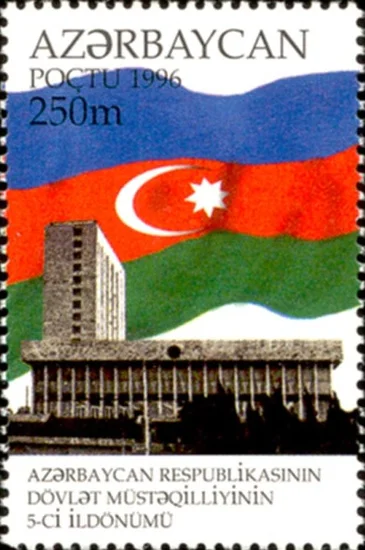
Azerbaijan celebrates the Day of Restoration of Independence, commemorating the country’s independence from the Soviet Union in 1991. This national holiday honors Azerbaijan’s emergence as a sovereign nation.
The celebration includes official ceremonies and cultural events throughout the country. Azerbaijanis use this day to reflect on their national identity and democratic aspirations.
World Menopause Day
World Menopause Day raises awareness about menopause and the support options available for women experiencing this natural life transition. Health organizations worldwide promote education about women’s health issues.
This observance encourages open discussion about women’s health concerns often considered taboo. Medical professionals use this day to share information about treatment options and support resources.
